Posts categorized Open Data
Page 12
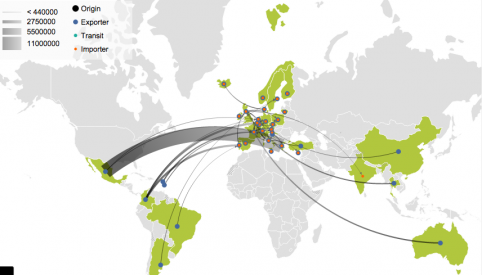
Fighting Ebola, One Data Entry at a Time
Maybe it’s just me, but the hysteria over Ebola seems to be far greater than any other contagion-type scenario we’ve been through of late (or I’ve just become more cognizant of the fact that I’m a little bit older, and death is that much closer).
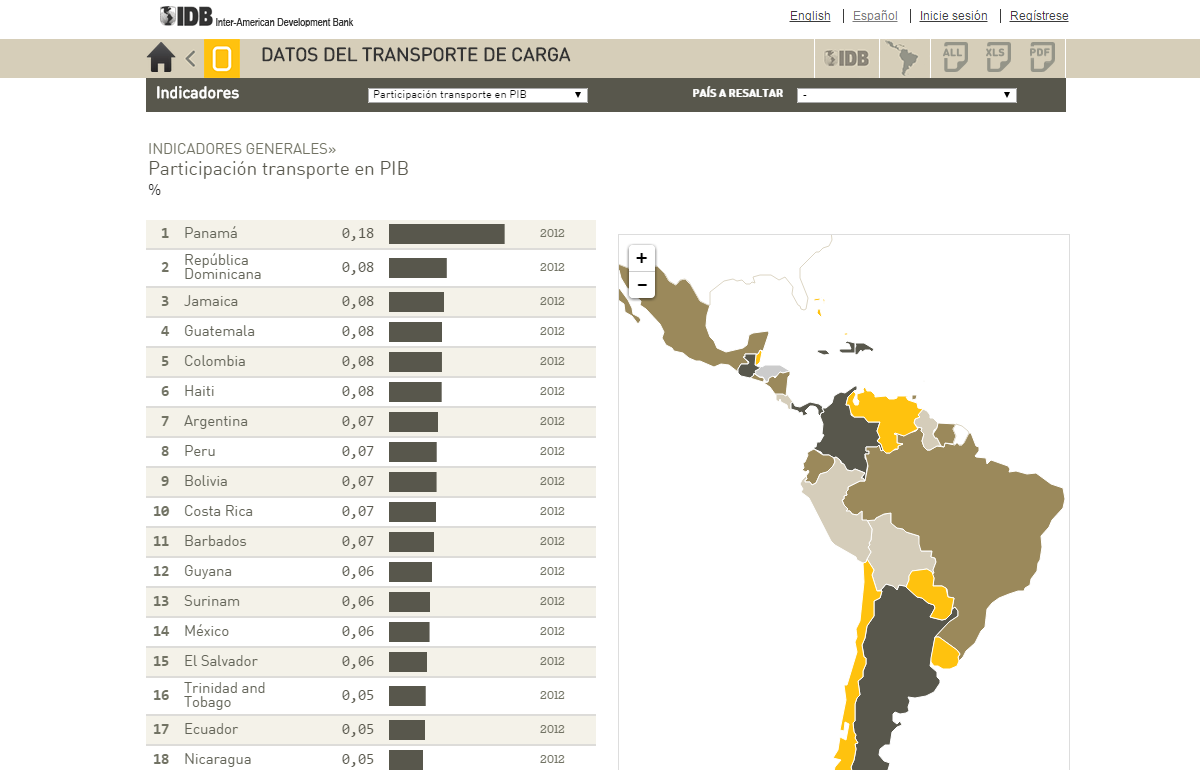
A New Kind of Transit Dashboard
Logistics – broadly defined as the services and processes needed to move goods and services from production to consumption – is a cornerstone for economic efficiency and expansion. High-quality, interconnected roads and ports can make the transportation of goods easier, and boost domestic productivity.
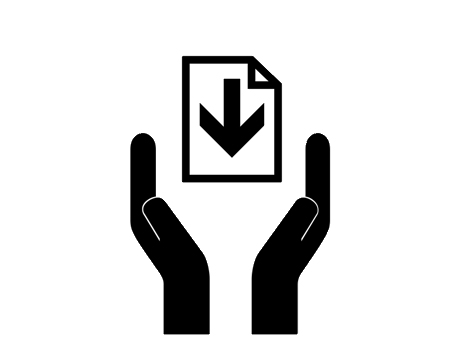
What’s next for IATI
On World Development Information Day, DG reports on the future of the International Aid Transparency Initiative, a global campaign that encourages donors and governments to make aid information open and accessible.

Cape Town Joins the Movement
On 25 September, the city of Cape Town explicitly recognized the importance of making city government data accessible to the public with the approval of an Open Data Policy. The policy lays out a plan to make data centrally accessible through the development of an open data portal – with the goal of increasing transparency and empowering citizens to hold the government accountable.
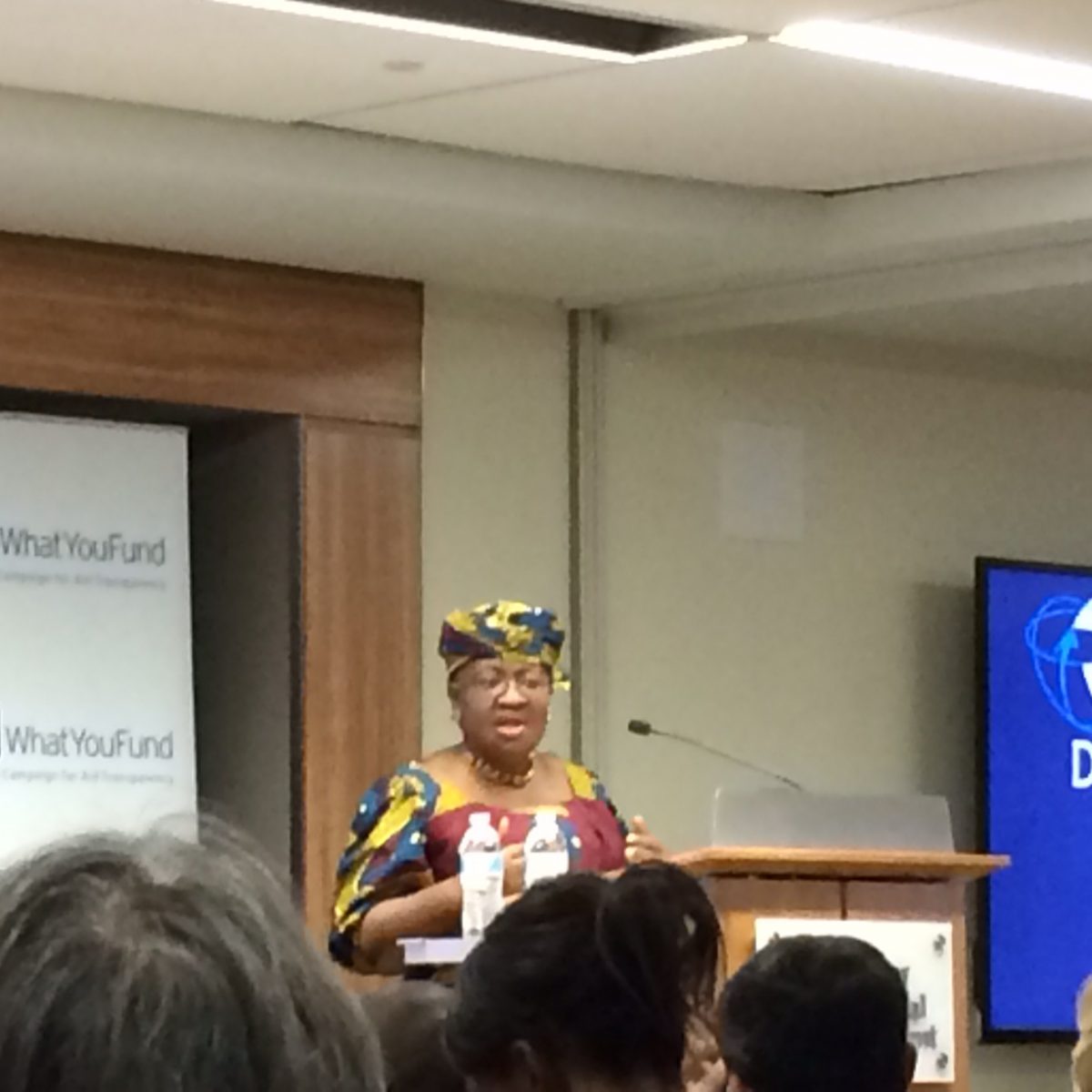
“Good” Data and You
After the 2014 Annual Meetings of the IMF and World Bank, below are some key questions and takeaways on how open data, development finance, and diverse stakeholders mix:Why do we need to publish data?

We Need a Revolution!
The Independent Expert Advisory Group on the “Data revolution for development” is giving you only a few days to share your views on what a “revolution” should look like. So here’s your chance to be a revolutionary, channel your inner Beatle per the Data Revolution Group, and act quickly because the deadline is October 15th!

Applying M&E to the Open Data Movement
Since its very beginning, Development Gateway has been committed to open data initiatives, and without a doubt great strides have been made in open data acceptance and adoption. More and more development organizations, practitioners, and national governments have begun publishing all sorts of programmatic and financial information.
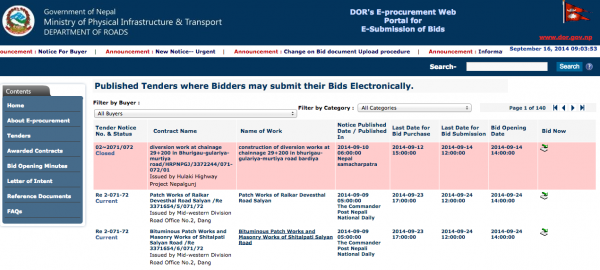
Open Contracting in Nepal: Could it be a game changer?
This is a modified version of a post originally published on Open Nepal’s blog, authored by Anjesh Tuladhar.No one would disagree with the fact that proactive disclosure of public contracts by public agencies improves service delivery, curbs corruption, and helps monitoring. Laura Bacon says open contracting could be a game changer.
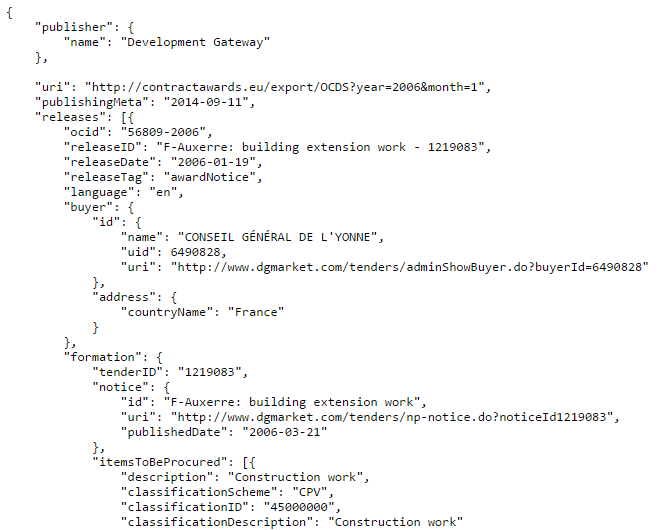
Test Driving the Open Contracting Data Standard
Development Gateway’s dgMarket was one of the first global e-procurement platforms. Since 2003, dgMarket has aggregated tender notices, contract awards and bidding documents from national governments and development agencies. dgMarket now lists over a million opportunities every year from 170 countries, representing around $1 trillion in government procurement.
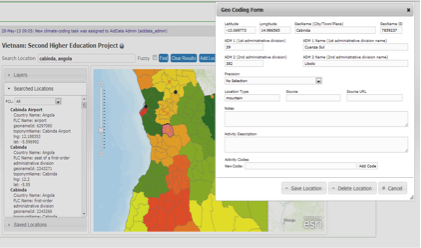
Geocoding 101: A Behind the Scenes Look at Visualizing Aid and Development
I often get asked how AidData takes vast stores of development finance information and translates them into something that can be easily understood by the public. Last week, we published our geocoded data on aid flows to Nepal via the International Aid Transparency Initiative (IATI) registry. Now anyone can easily download the data from our IATI publisher page or aiddata.org to understand who is funding what and where.